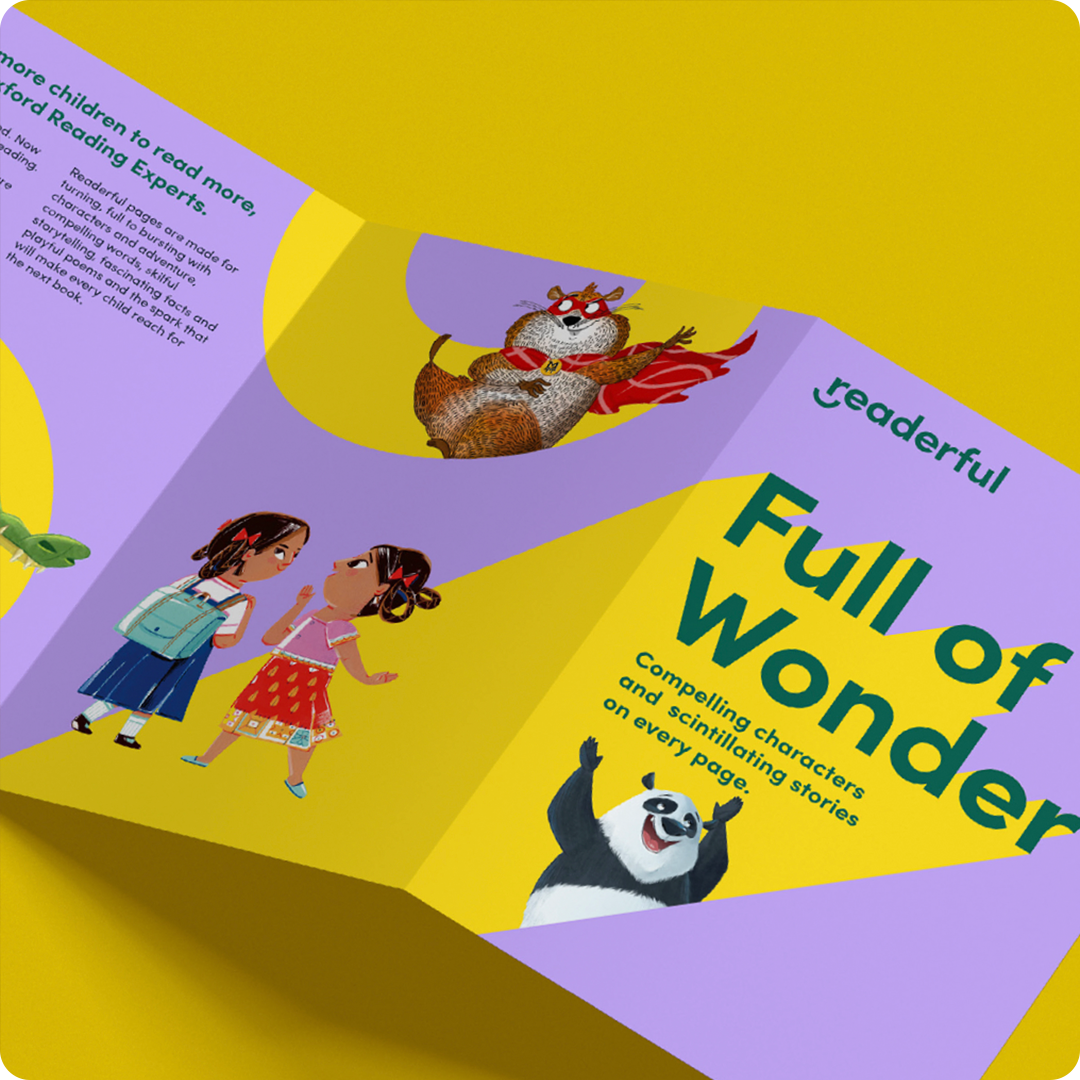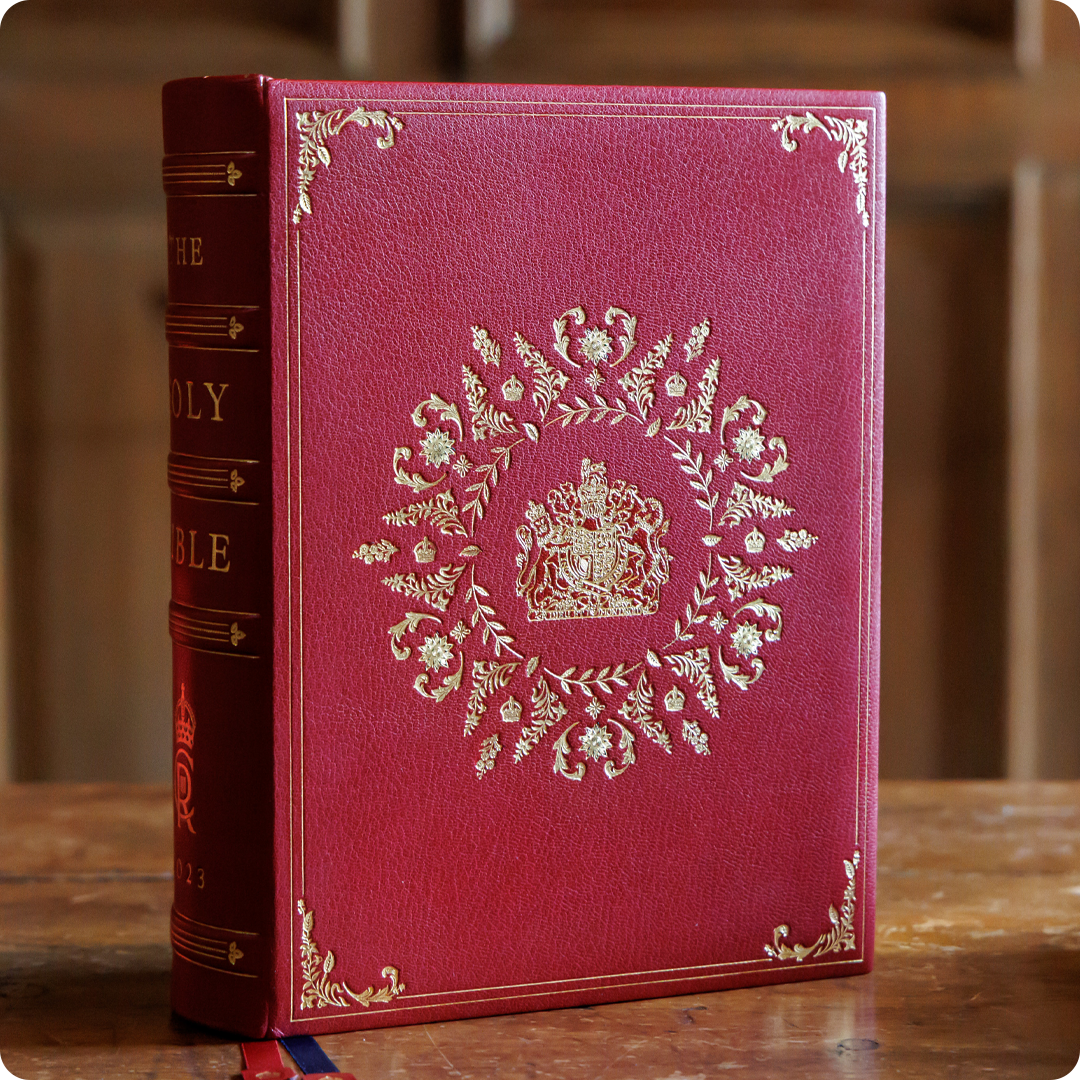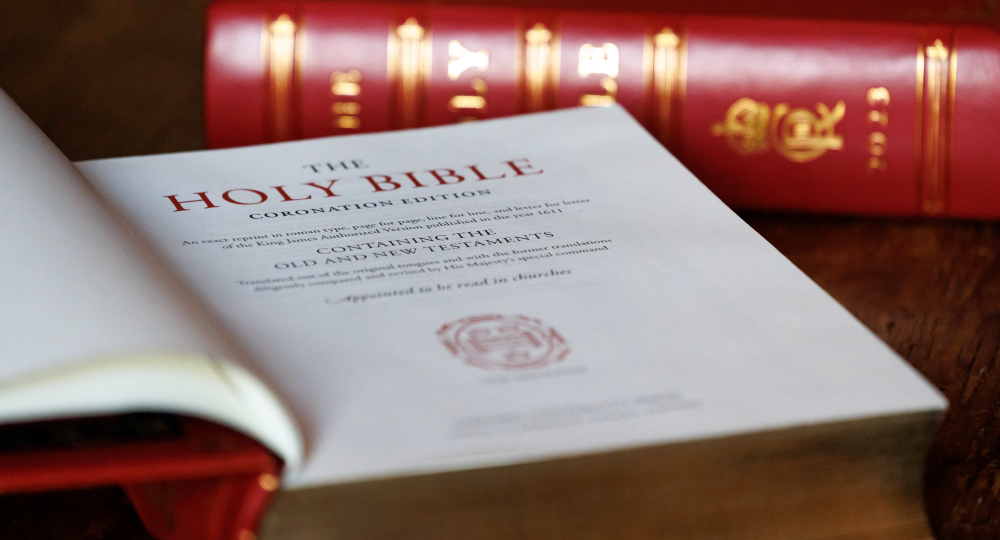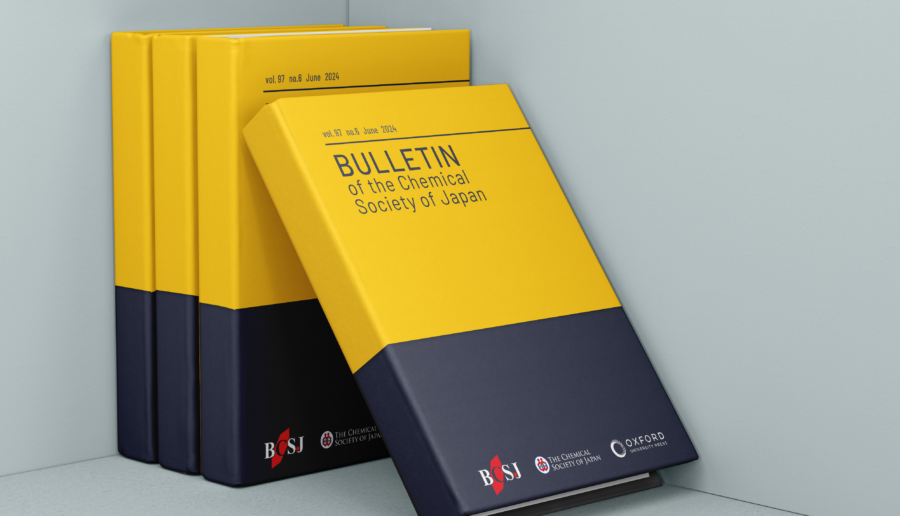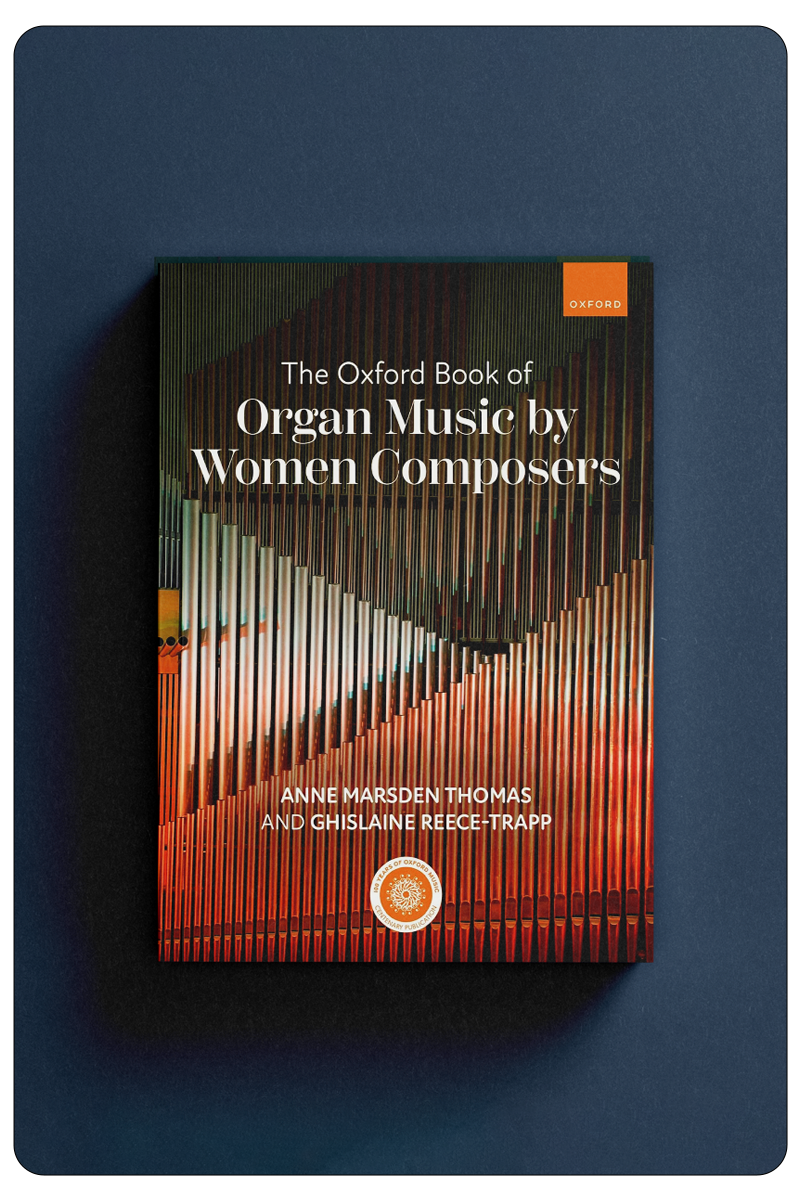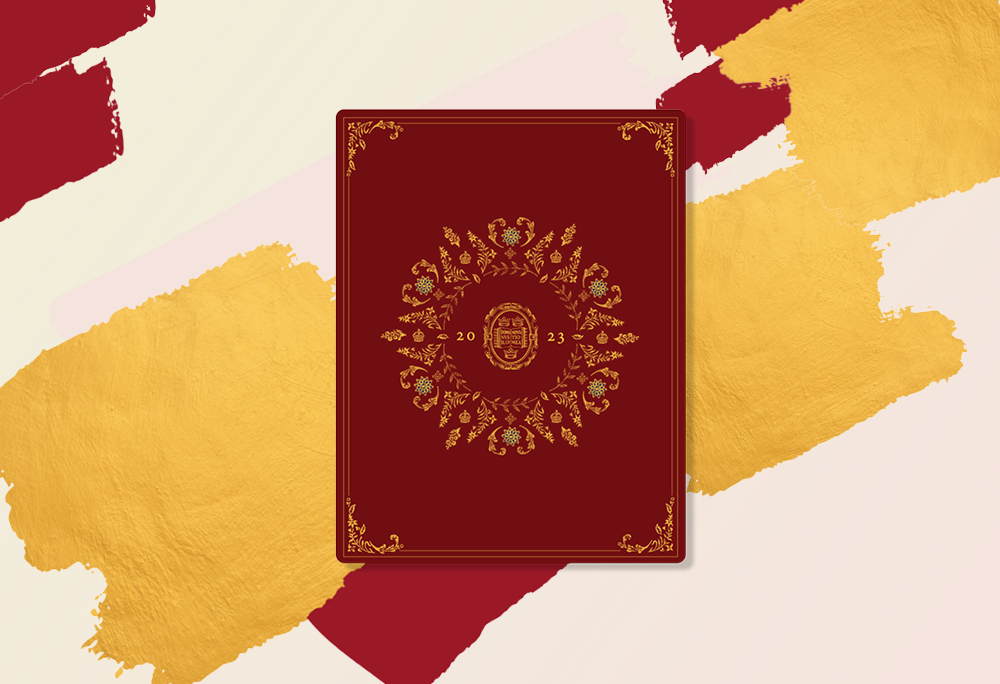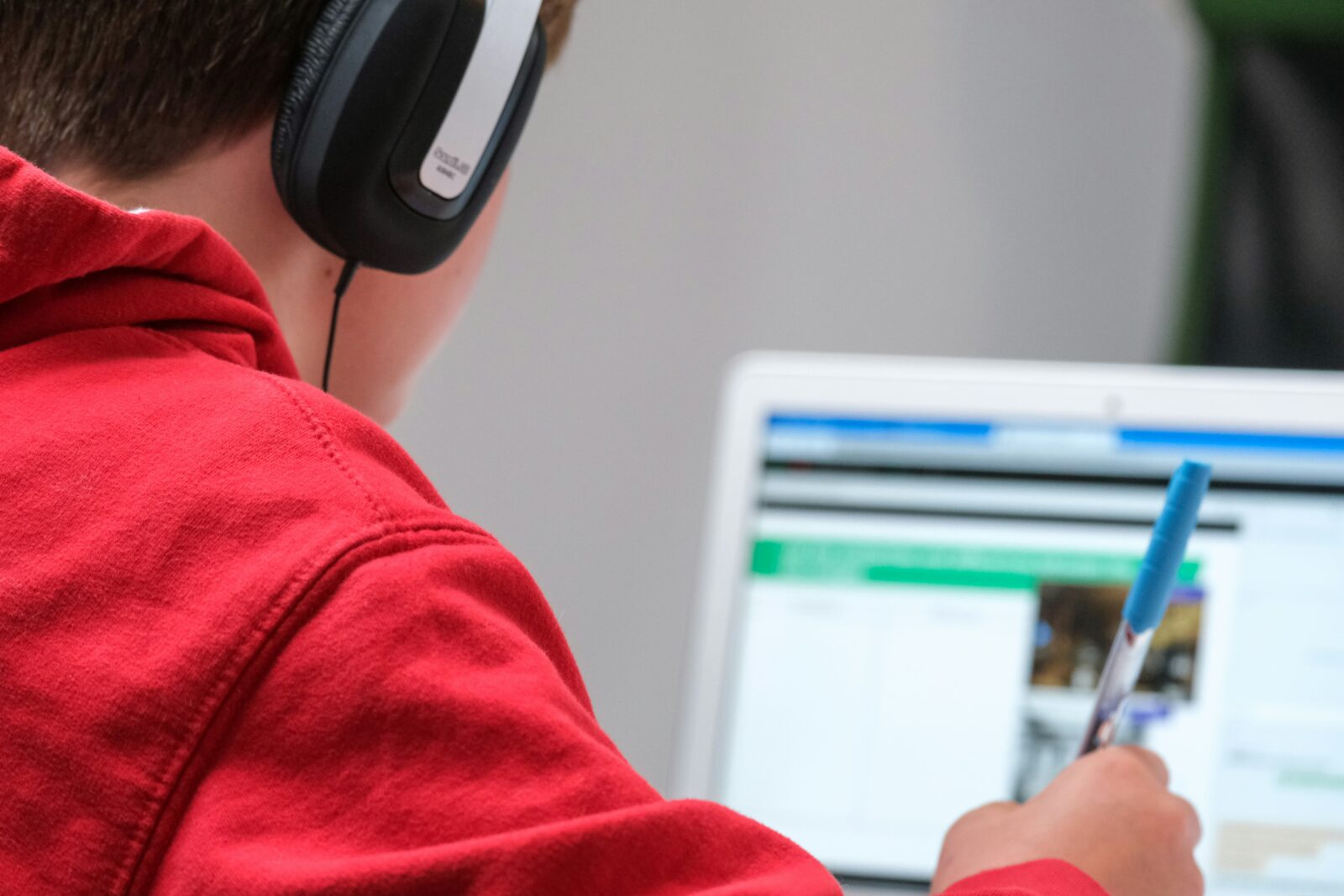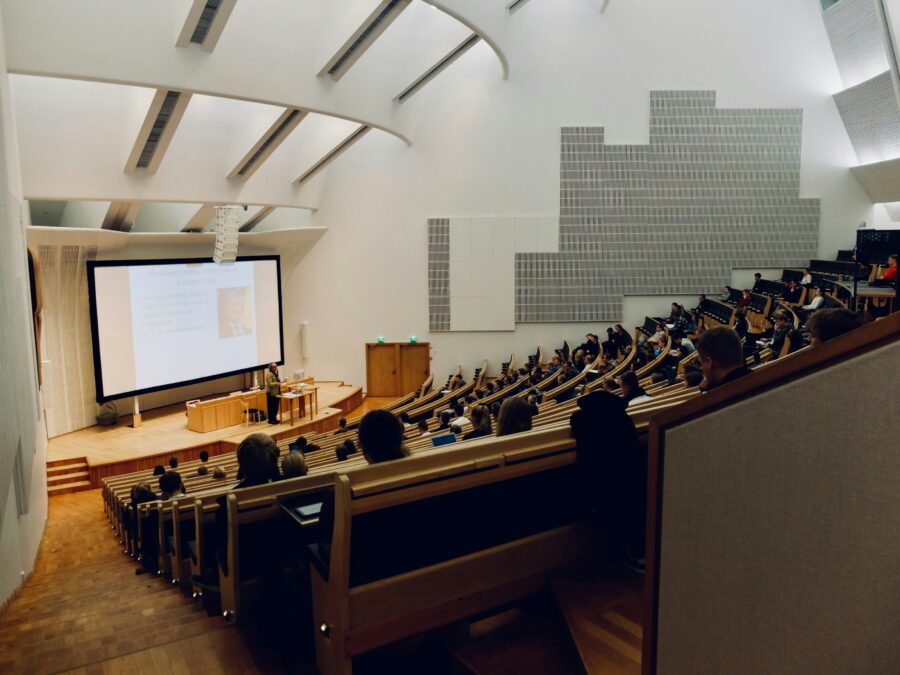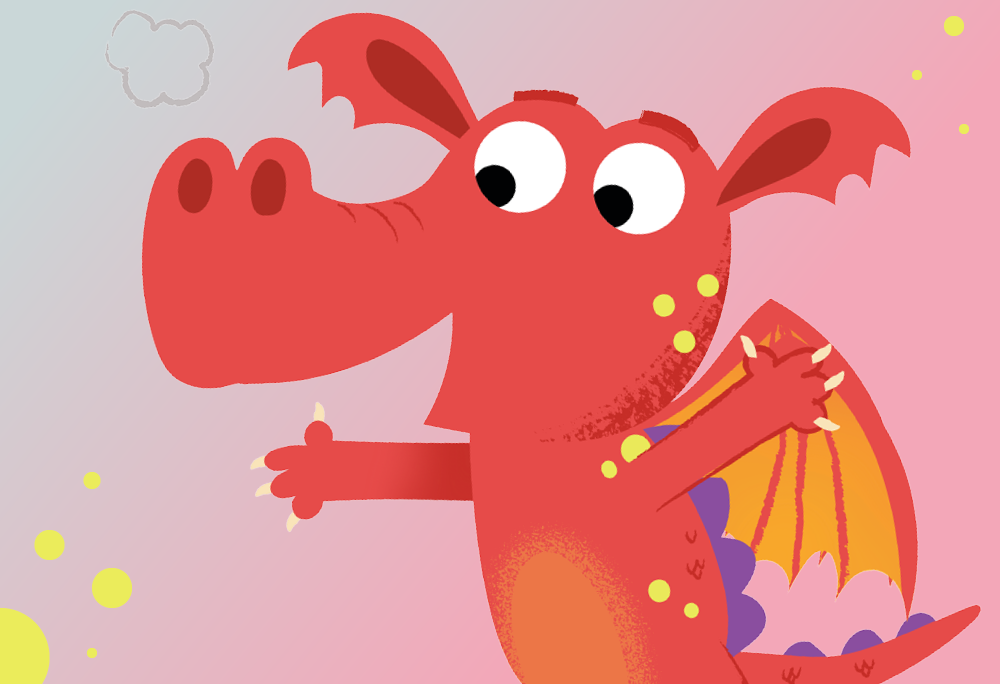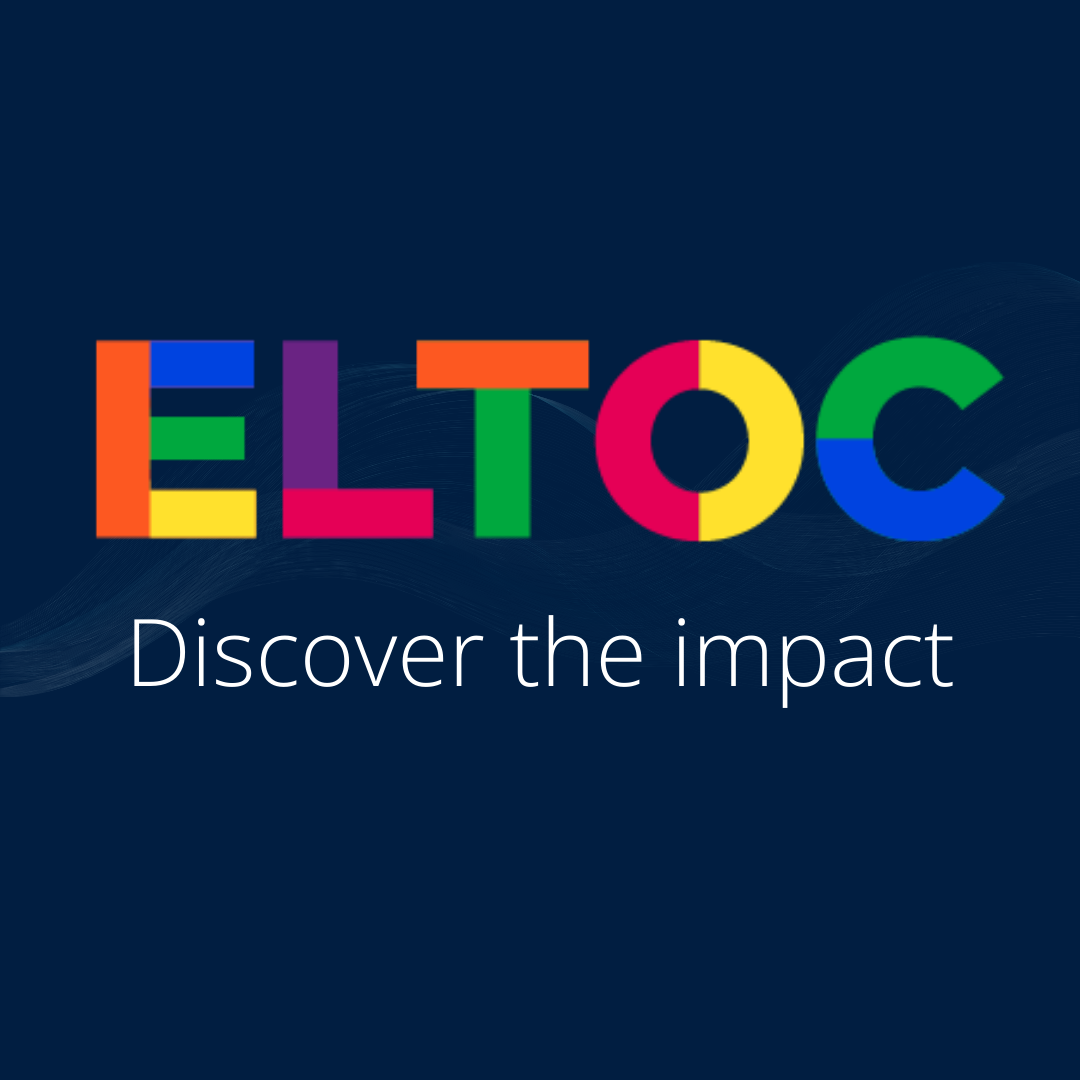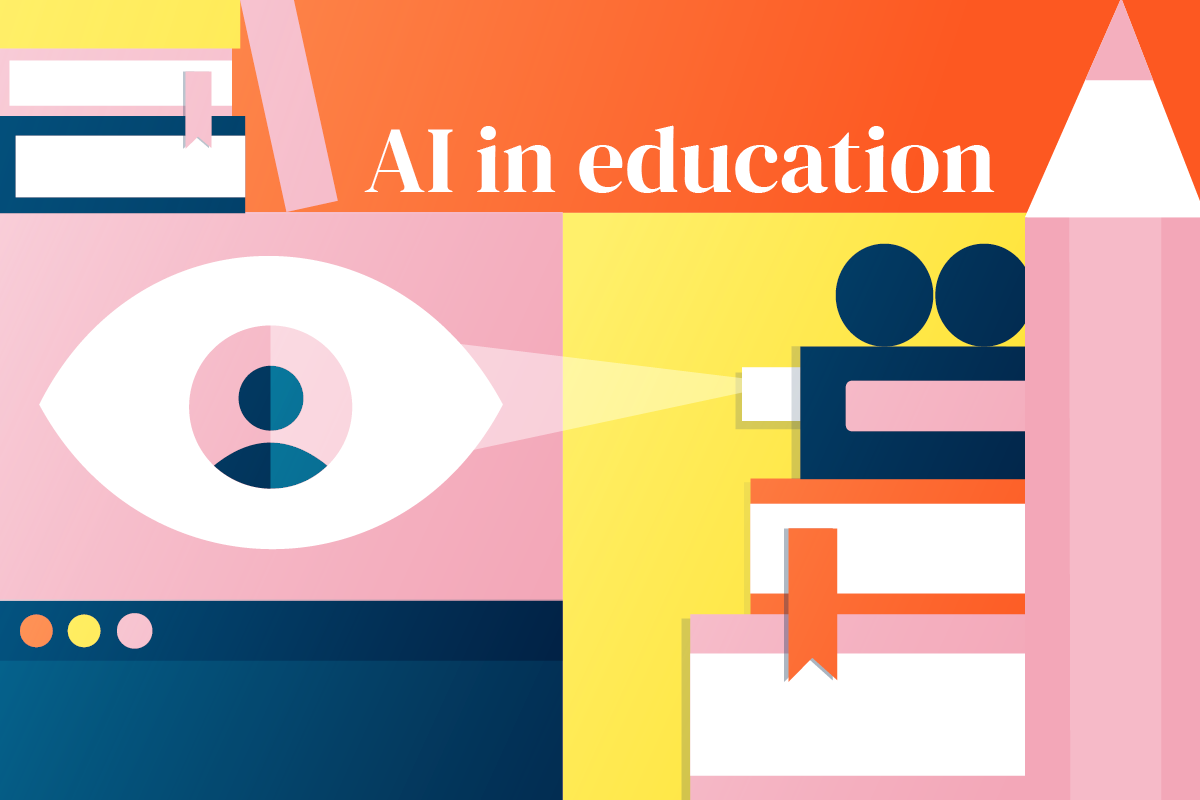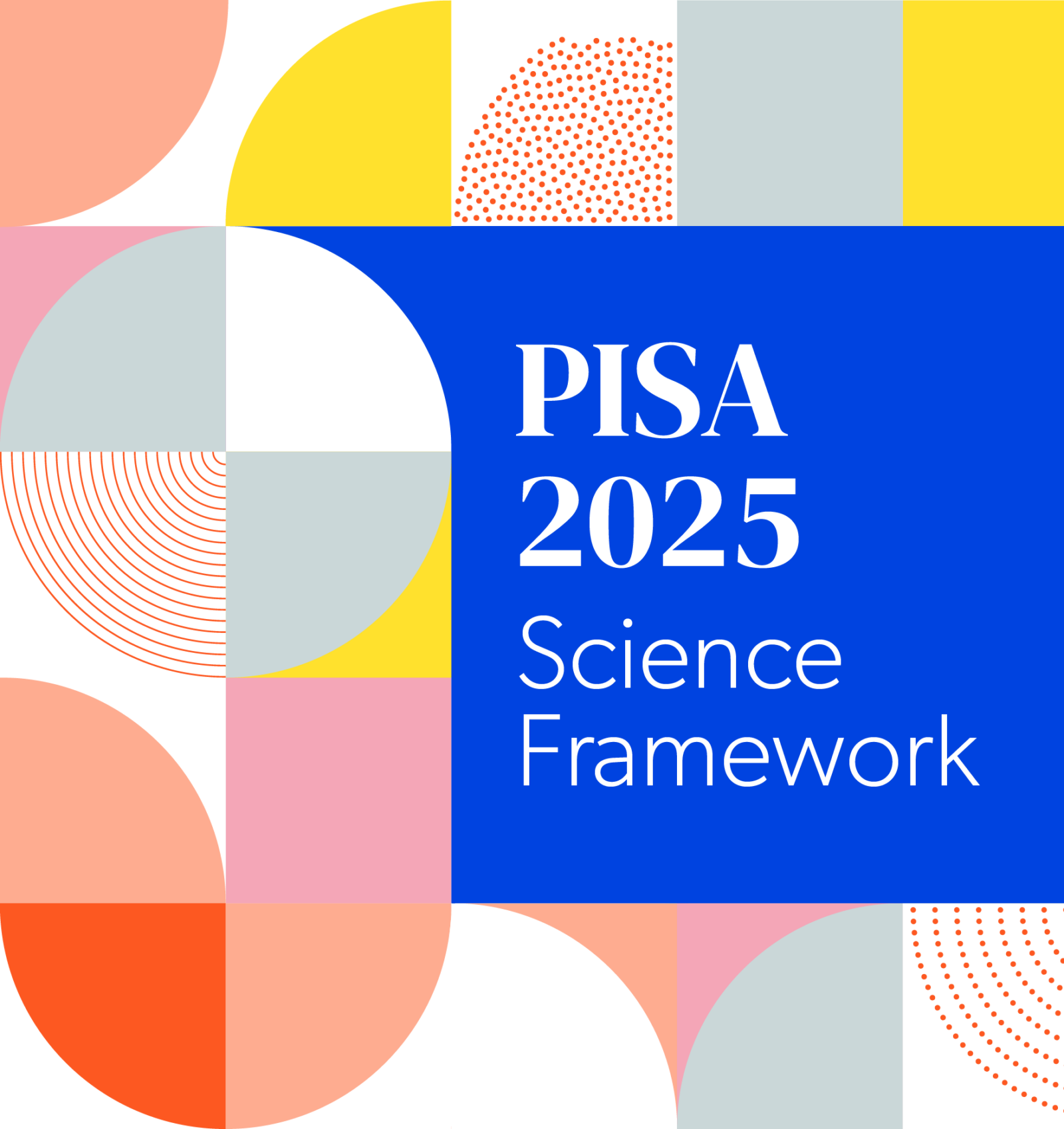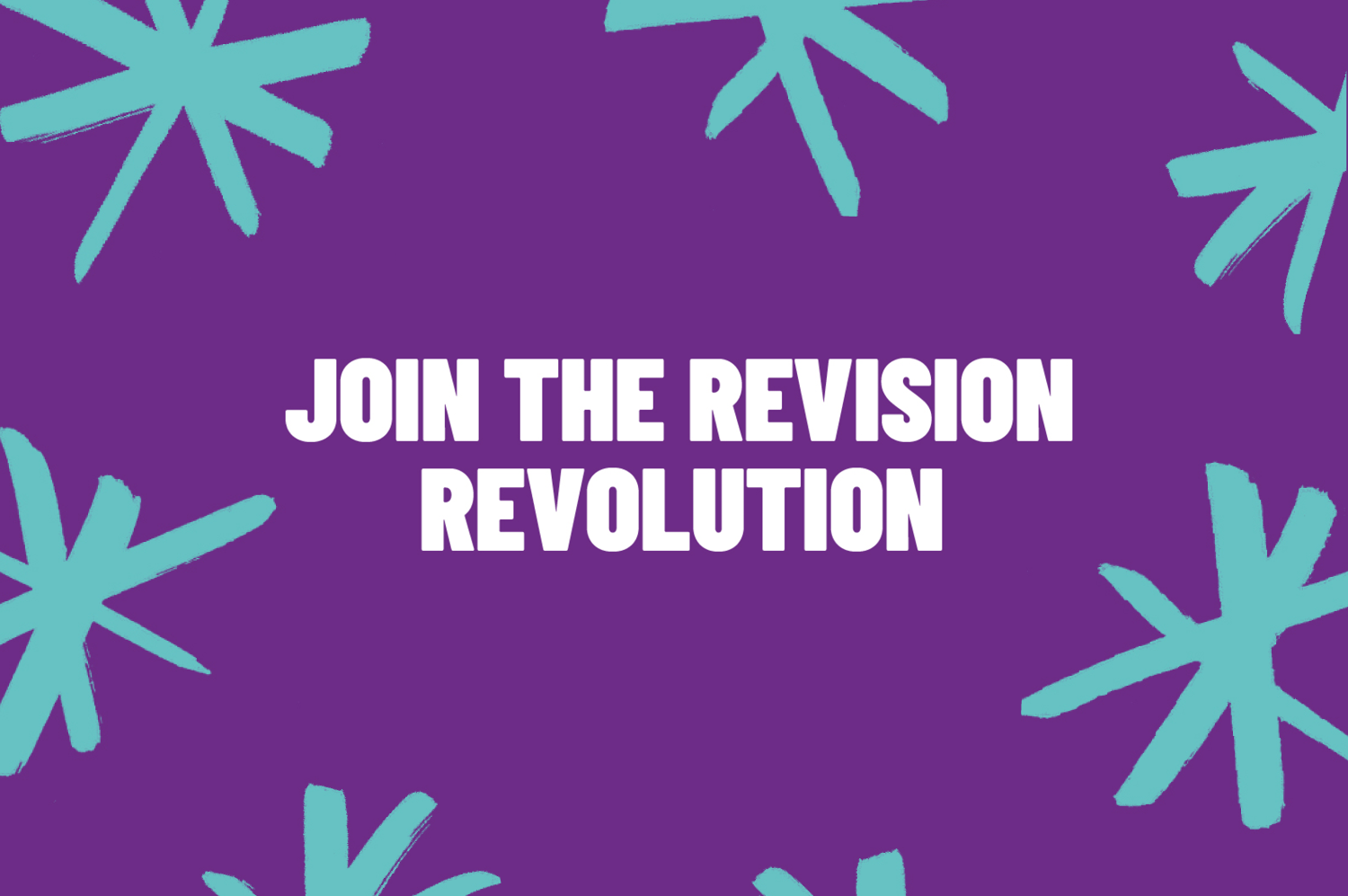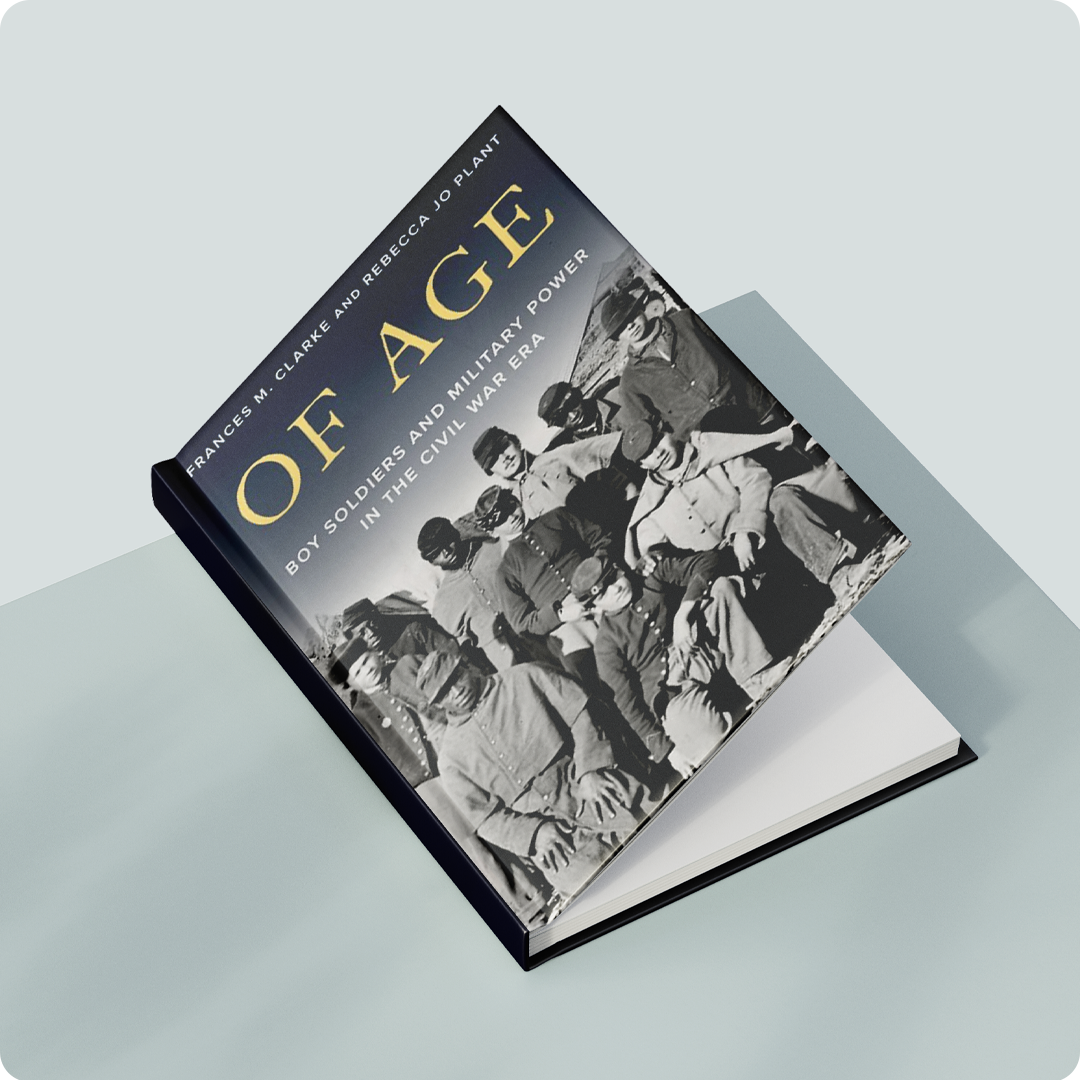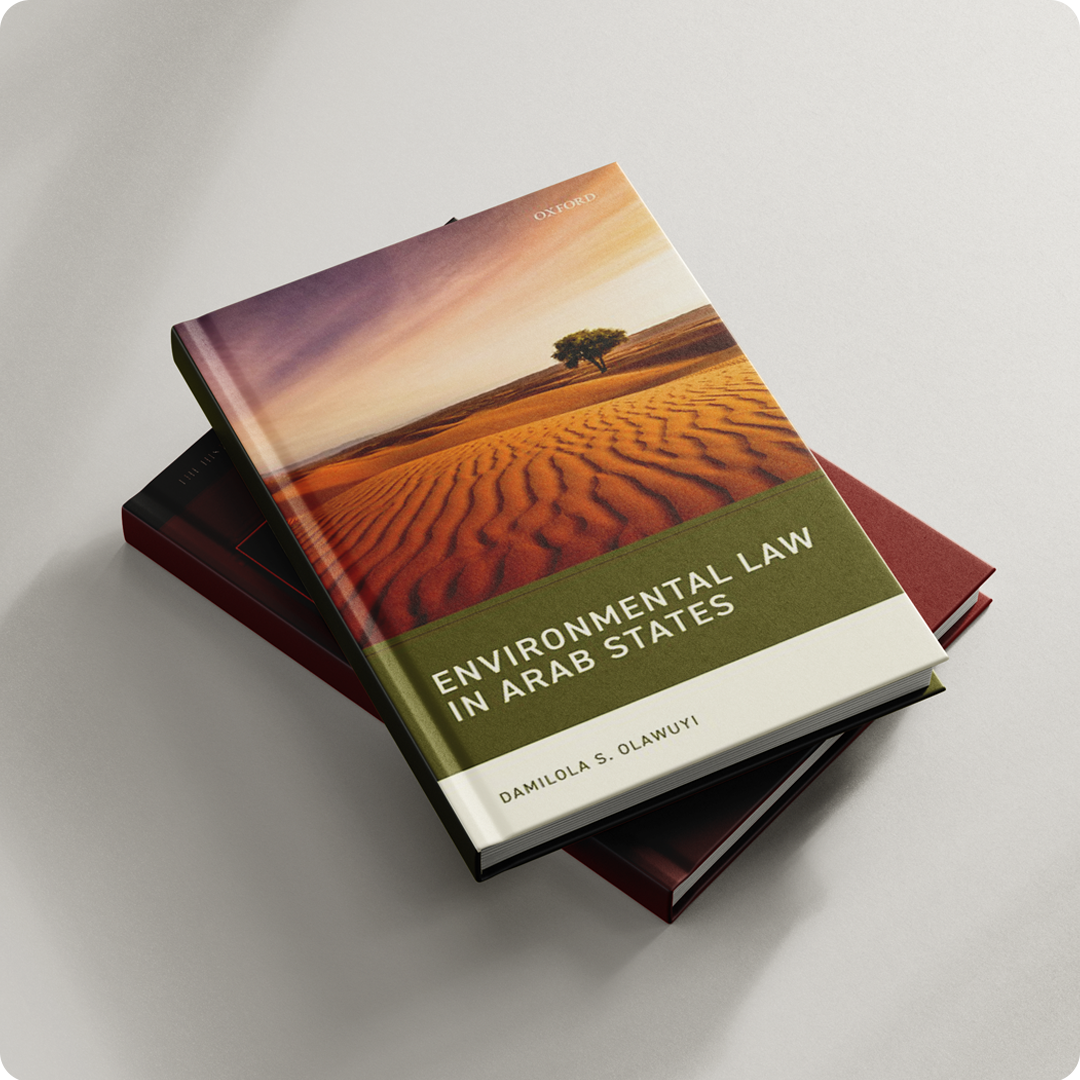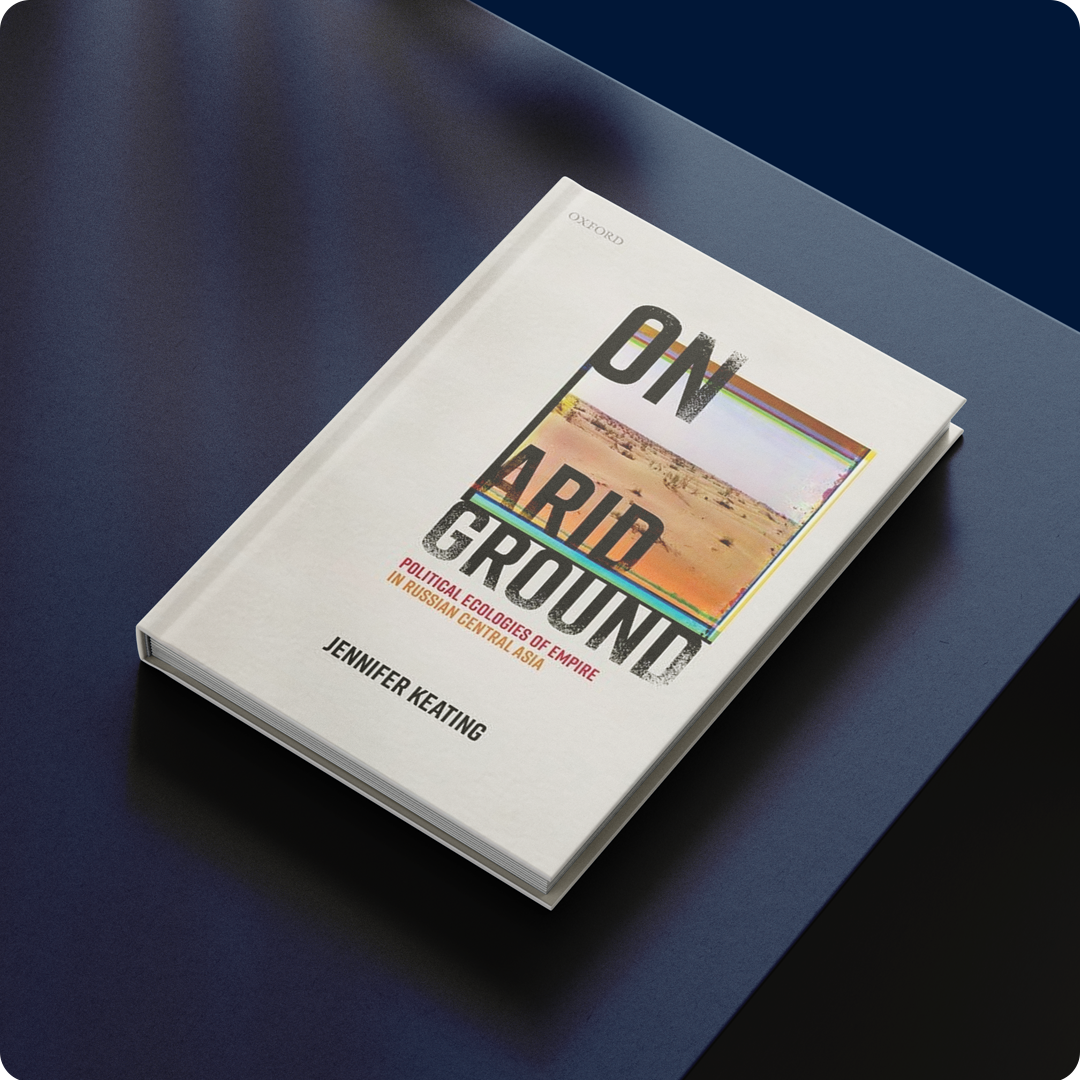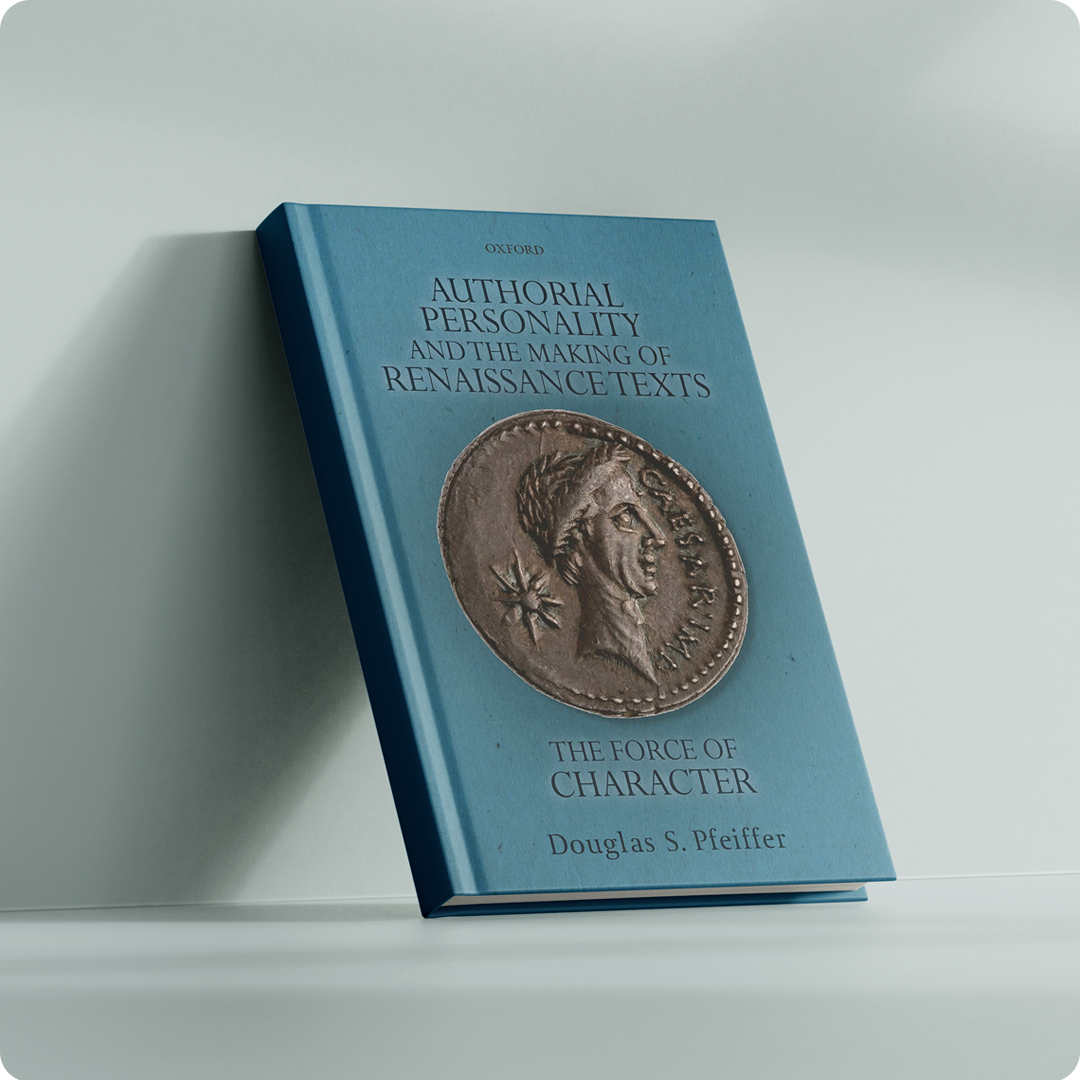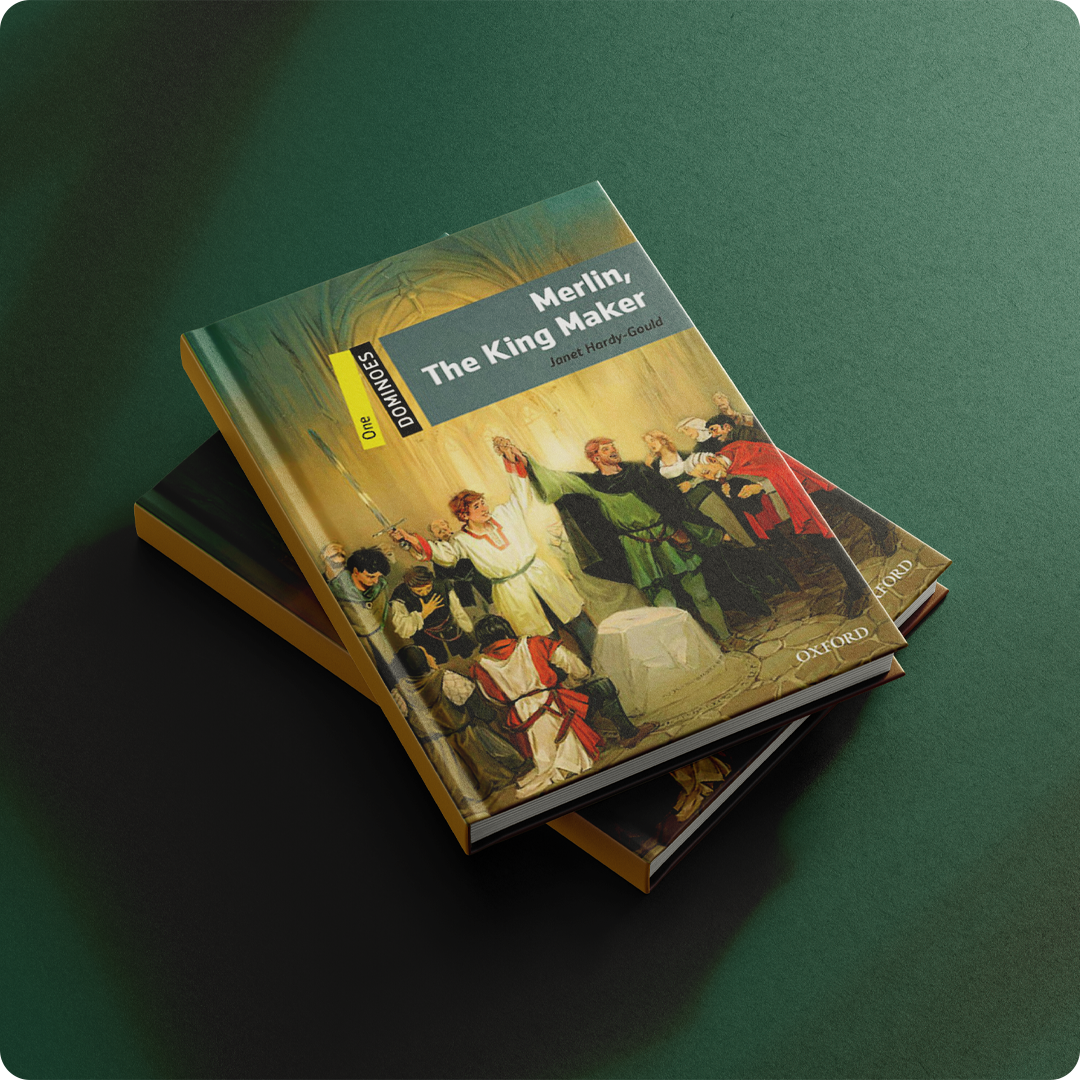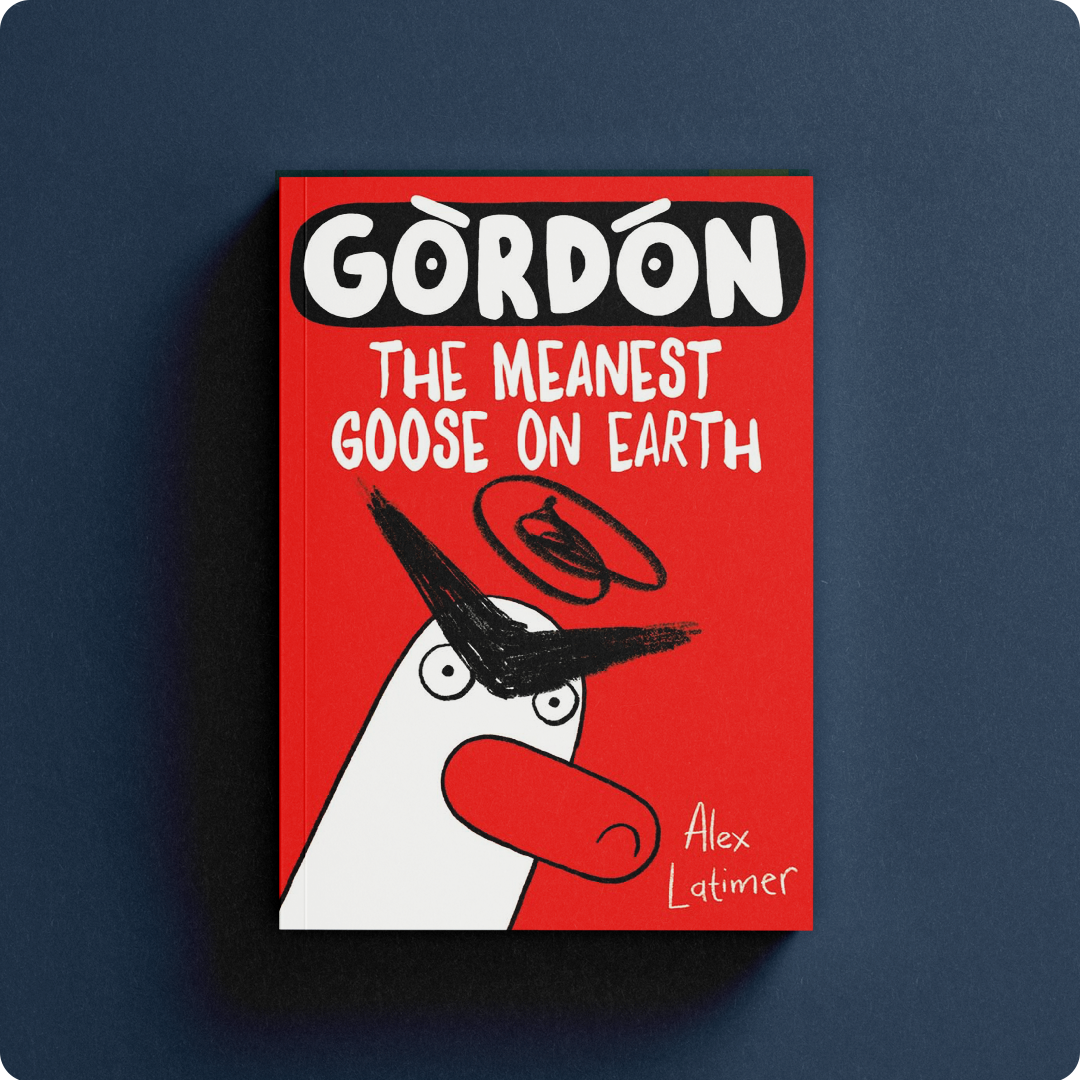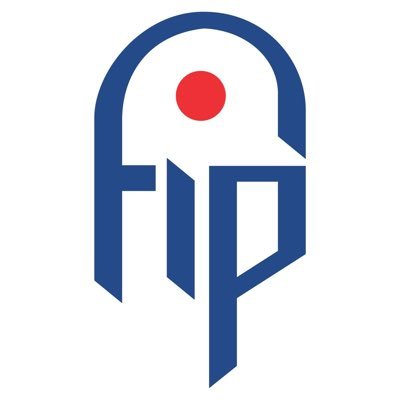Foreword by the Vice-Chancellor
Across the University of Oxford, we share a firm belief in the transformative, illuminating power of education and research in tackling the greatest mysteries and challenges of our time. This year has been one of unexpected turbulence, from war to natural disaster to continued political change. We are not immune to the impacts of this—which have been felt both personally and professionally by our students and colleagues—but whatever happens in the world around us, our commitment to our mission of excellence in research, scholarship, and education is unwavering.
Nowhere is this more evident than in the work of Oxford University Press (OUP). Over the last year, I have settled into a regular cadence of meetings of the Delegates of the Press and, I have to say, it’s an appointment I look forward to as yet another way to see a unique strand of what Oxford does. The special nature of OUP’s work came to life for me as I watched King Charles III take the oath during his coronation ceremony with his hand placed on the beautiful Coronation Bible, commissioned by the Archbishop of Canterbury and created by OUP.
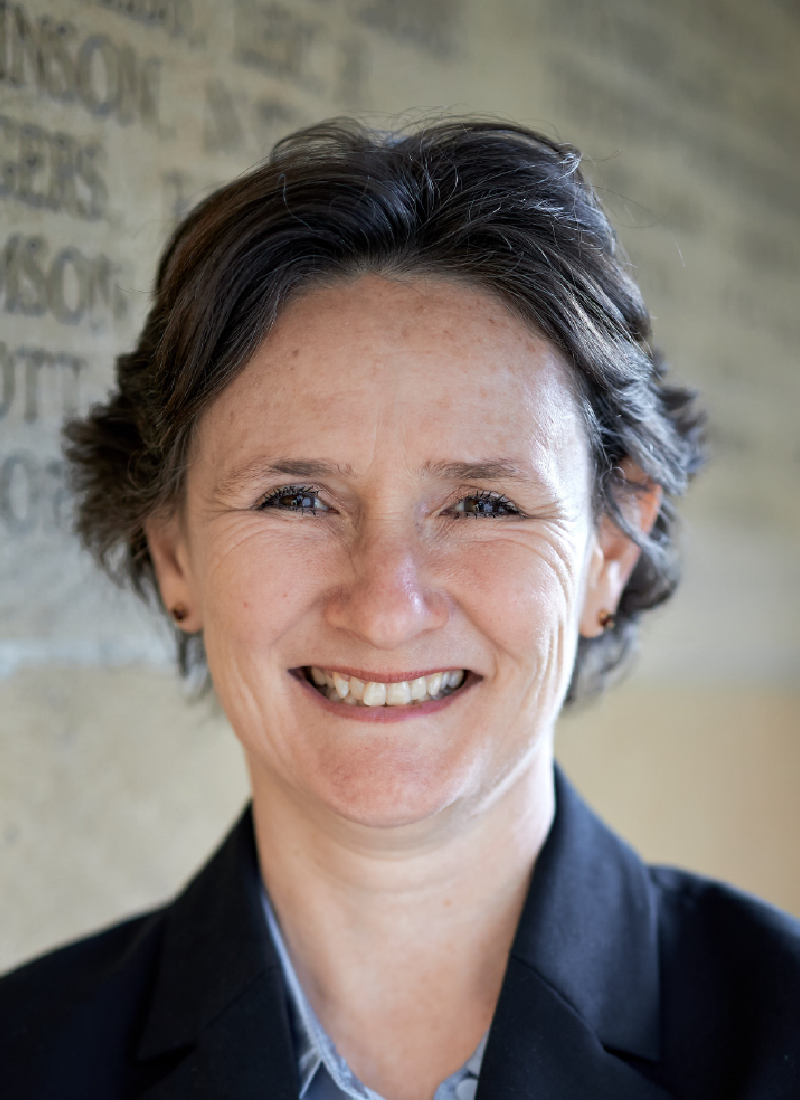
Serving the research community
As both a publisher in its own right and a valued department of our University, OUP holds a vital position in being part of the community it serves. This year, it proved once again the importance of capturing and sharing different perspectives and sparking debate on the issues shaping our world through the announcement of Oxford Intersections—a new format of academic publishing that will combine original research from multiple academic disciplines to explore complex global topics beyond the scope of a single research area.
Literacy and language
OUP is an organization known globally for its commitment to the written word and remained true to form this year. In schools publishing, the team launched a series called Readerful, intended to foster a love of reading from an early age. And, as ever, the Oxford Word of the Year stole headlines across the world after a public vote and expert panel landed on ‘rizz’, derived from ‘charisma’ as a—perhaps unexpected—lens on 2023.
Citizens of the future
Across Oxford, we have made a commitment to take a leading role in the fight against climate change—something that we know must start from an early age. This year, the team at OUP rolled out a new sustainability subject area for students of the Oxford International Curriculum, inspiring young students about the change they can make to build a more sustainable world. This is mirrored in the new Little Blue Dot course for pre-primary learners of English which combines language learning with teaching young learners about how their actions can impact the world around them.
As the expansion of artificial intelligence technology begins to shape both education and research, I am looking forward to seeing what new ideas and innovation this year in publishing brings. The printing press may have been the first means by which we formally shared and disseminated knowledge, all those centuries ago, but, as technology evolves, our commitment to publishing only the highest quality in research and education does not falter.
Professor Irene Tracey
Vice-Chancellor of the University of Oxford
Report of the Secretary to the Delegates
In 2023/24, Oxford University Press reported a Group turnover of £833m and headline turnover growth of 2 per cent on an FRS 102 basis. This included £11m of sales which were supplied early to customers due to the transfer to a new enterprise resource planning (ERP) system. Excluding turnover from these sales, Group turnover was £823m.
The year was one of continued progress but it also brought a number of challenges. Inflationary pressures limited spending in some of our core markets and increased our own costs, and political change and geopolitical upheaval continued to disrupt some of our business. Despite the somewhat challenging external environment, colleagues across OUP worked hard to further the fulfilment of our mission, including launching a range of new digital products and services and achieving significant operational and system improvements.
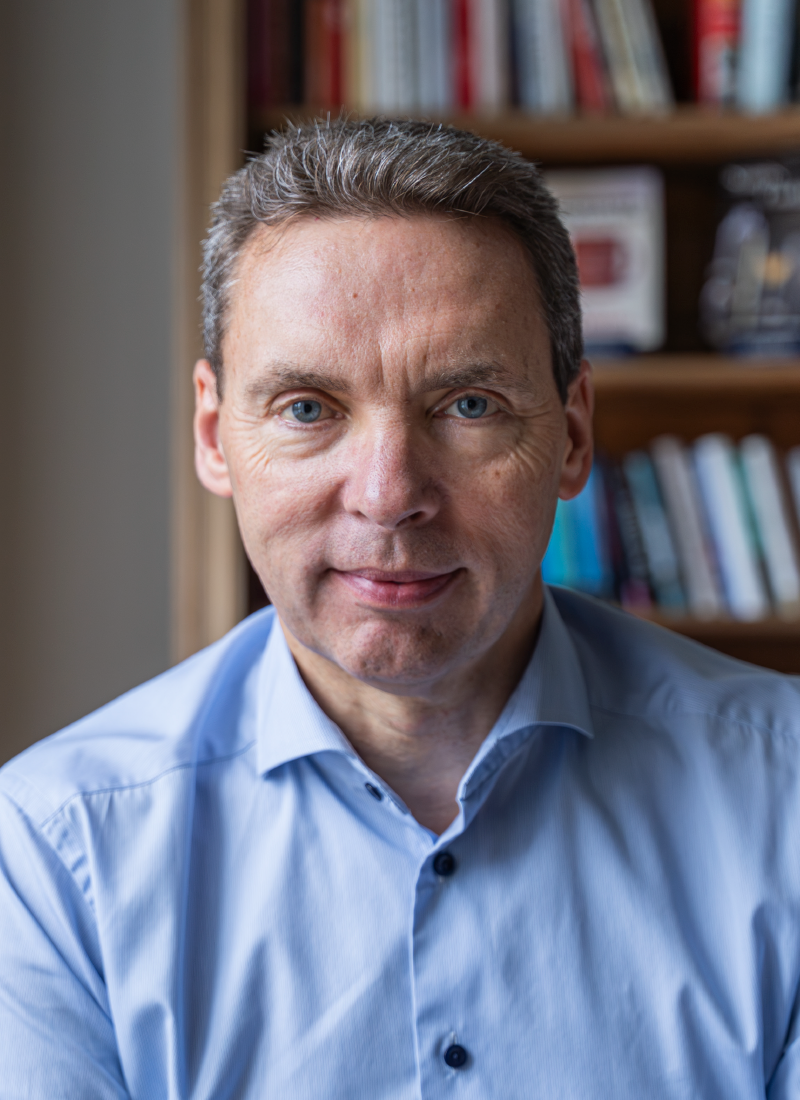
A common development for each of our publishing divisions, and for our organization as a whole, was the growing use of Artificial Intelligence (AI) technologies, particularly generative AI. Throughout our history we have embraced new opportunities offered by technological changes and this is another exciting evolution, but one to be approached with careful regard to the implications for research and education.
Our report on AI in education surveyed teachers globally for their perspectives. It found that respondents recognized the huge potential for AI to transform education, but that education should drive technology—not the other way around.
This is familiar ground for OUP, as the transition to digital products and services remains a critical area of focus for us. In our Academic division, revenue from digital now makes up 70 per cent of turnover and this year we made a series of improvements to our digital experience. These included a refreshed website for the Oxford English Dictionary (OED) and the addition of 7,500 books to the Oxford Scholarship Online archive on the Oxford Academic platform.
In our English Language Teaching (ELT) division, we also continued the expansion of our digital learning support with a 300 per cent year-on-year increase in sessions recorded on Oxford English Hub, our online platform for teaching and learning English. Alongside this, we introduced Digital Flow, a new way of teaching with fully digital OUP materials, designed for screens and supporting lessons taught in person, remotely, or hybrid.
In our Education division, our core digital platforms were used by 2.5 million learners and we expanded our Oxford Smart Curriculum Service to include more core subjects. In Kenya, we launched EduZone, a pioneering all-in-one learning hub, while in Mainland China we developed a series called Talk About China with Oxford, delivered via a digital learning platform.
Curriculum reform was an opportunity for our Education and ELT divisions. In markets such as Spain and Pakistan, our teams were well placed to respond to major reforms, supporting teachers and learners in times of change. In higher education, we saw a return to growth after difficult trading conditions last year, with strong sales for e-books.
Across OUP, we won 83 prizes during 2023/24 and were shortlisted for a further 17. Prizes included the Bancroft Prize for Fire and Rain: Nixon, Kissinger, and the Wars in Southeast Asia by Carolyn Woods Eisenberg and the Gilder Lehrman Lincoln Prize for Of Age: Boy Soldiers and Military Power in the Civil War Era by Frances M. Clarke and Rebecca Jo Plant. The Essential Letters and Sounds phonics programme, with digital and print resources published by OUP, was shortlisted for a BETT (British Educational Training and Technology) Award and has been adapted for expansion into markets outside the UK.
Our surplus from trading before interest, funded projects, minority interests, and taxation (reported under the FRS 102 accounting standard) was £113 million, an increase of 12 per cent on the previous year. Our transfer to the rest of the University was £44.3m. These funds will support a range of research, scholarship, and educational activities such as the Clarendon Fund and the John Fell Fund.
I would like to thank my colleagues for their dedication and hard work in support of our success in the year. Looking ahead, we expect further change given the rate of technological advancement and social and political developments. We continue to navigate these shifts, exploring new opportunities like AI technology, but remaining committed to the needs of teachers, learners, and researchers across the world. Whatever the coming year brings, I know that the shared focus of colleagues across OUP to deliver excellence in research, scholarship, and education through our publishing will carry us forward.
Nigel Portwood
CEO of Oxford University Press and Secretary to the Delegates of the Press

Academic
The year 2023/24 was a strong one for the Academic division. We made further progress on our digital transition, with 70 per cent of our turnover now coming from digital products and services. With a focus on the needs of the scholarly community, we increased the amount of online content available to researchers, published in new languages, and explored ways to capture the impact of research.

184 million
visitors to Oxford Academic

27,000
open access journal articles

184 countries
products are sold in
Find out more about our academic publishing in 2023/24
English Language Teaching
Our English Language Teaching (ELT) division achieved another year of growth, thanks to strong performances in a number of regions. We extended the reach of our digital platforms, including the Oxford English Hub, and supported more learners and teachers than ever through Oxford Teacher’s Club and Oxford Reading Club.
This year saw particular success in established markets such as Turkey, the US, and, importantly, in Spain—our biggest ELT market—thanks to a major curriculum reform. We also began to explore opportunities to support learners in new areas such as home learning and guided remote teaching.
In assessment, our new Oxford Test of English (OTE) Advanced product for B2-C1 level certification was prepared for launch. It prepares students for success at university or in their careers by assessing learning in real-life contexts driven by today’s language needs, such as mediation, debating, and presentations. As we closed the financial year, we had 600 recognizing institutions for the existing levels of the Oxford Test of English.

300%
increase in sessions on Oxford English Hub
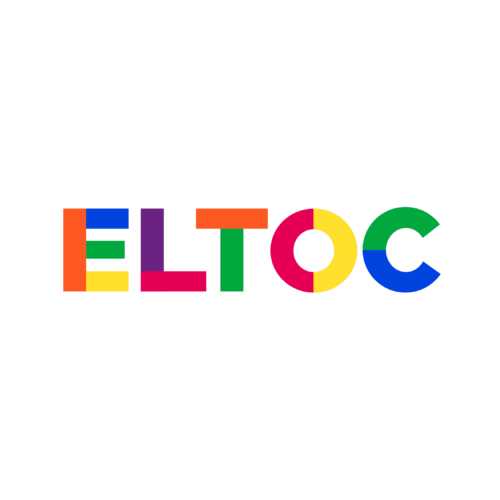
170,000
views for ELTOC sessions

10%
growth in digital platform usage
Find out more about our ELT publishing in 2023/24
Schools Publishing
In 2023/24, we worked alongside teachers, experts, schools, and partners to develop and deliver educational materials and services in 80 languages. We reached two million more learners than in the prior year—a total of 55 million in 157 countries— with educational resources that cover every learning stage: from helping a child learn to read, to success in their end of school exams, and beyond. We grew our reach and impact through curriculum reform, digital innovation, and a focus on home learning in Hong Kong, Pakistan, South Africa, and Mainland China.

55 million
learners in 157 countries

80
languages

2.5 million
learners using digital platforms
Spotlight
Children’s Trade
OUP book, Marv and the Ultimate Superpower, was one of this year’s special £1 books for World Book Day. Readers were able to join Marv in five action-packed mini tales, written by Alex Falase-Koya and illustrated by Paula Bowles.
We again published our analysis of the use of language by children from the 44,000 stories submitted to this year’s BBC 500 Words competition, of which OUP is a partner. Our children’s language experts analysed the creative writing submitted to understand how children are using language in new and unusual ways to communicate; use of the word AI has surged four-fold since 2020, and usage of the word Lioness increased by over a third relative to 2020.
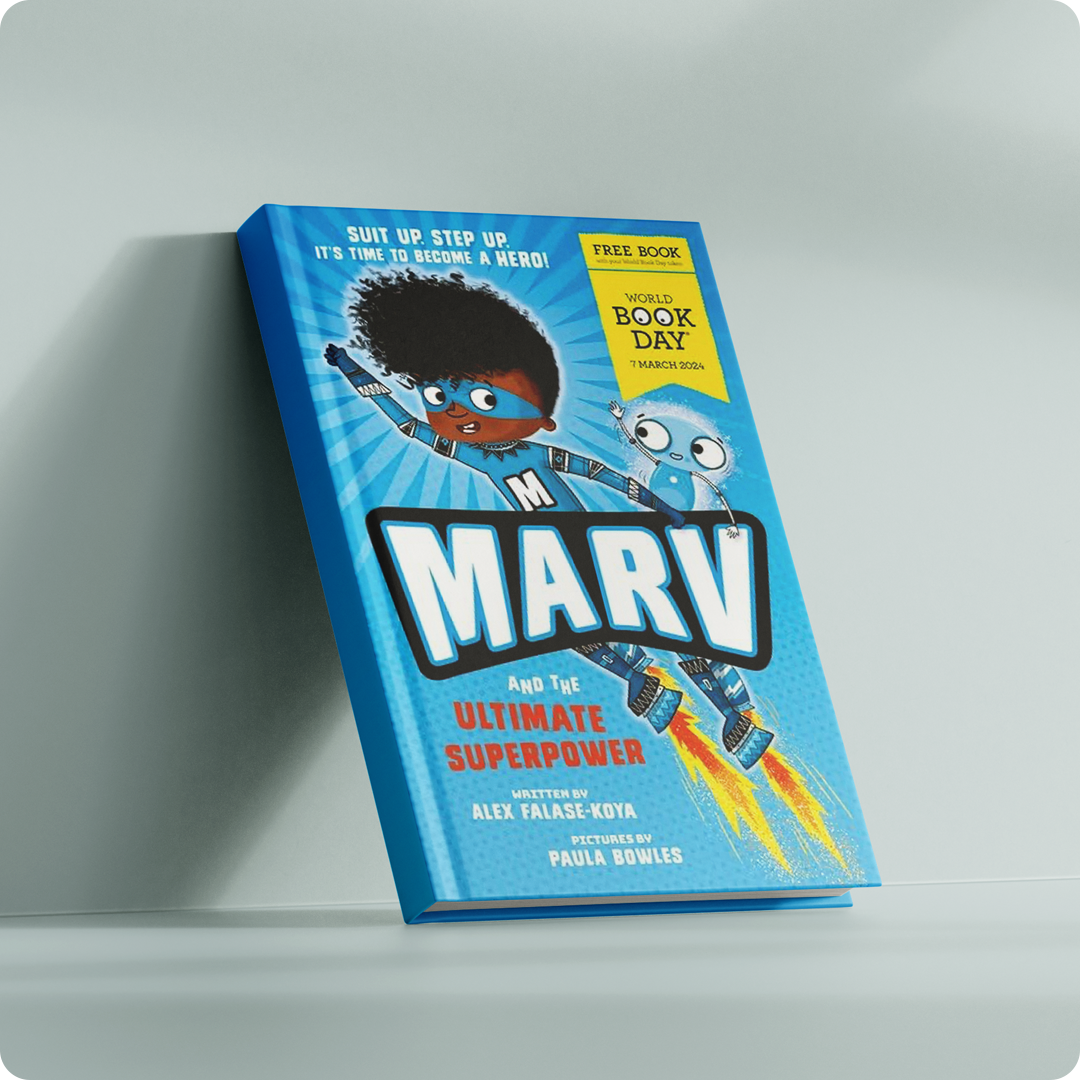
Find out more about our schools publishing in 2023/24

Prize highlights
Across OUP, we won 83 prizes during 2023/24 and were shortlisted for a further 17, recognizing our contribution to research and education.
Academic
In 2023/24, we won 71 major prizes for our academic publishing, and received honourable mentions or were shortlisted for a further 12 awards.
English Language Teaching
In English Language Teaching, two graded readers—Merlin, The King Maker and Steve Jobs—were finalists in the Extensive Reading Foundation Language Learner Literature Awards in 2023.
In Brazil, the ELT division won the TOP Educacao Award for the 7th time.
We were also shortlisted for a BETT Award for the Essential Letters and Sounds phonics programme and a BESA Evidence and Impact Award for Oxford Impact.

How we operate responsibly
Oxford University Press reaches teachers, learners, and researchers in across the globe. Our mission is to further the University of Oxford’s objective of excellence in research, scholarship, and education by publishing worldwide. In a world that is facing the growing impacts of climate change, geopolitical upheaval, and shifting social tides, we have a deep-rooted responsibility to the communities we serve.
For the third consecutive year, OUP’s Responsible Publishing Report showcases our ongoing commitment to environmental sustainability, operating ethically, and supporting the communities we work with across the world, in alignment with the United Nations Sustainable Development Goals (SDG) Publishers Compact.
This year we…
Supported the launch of the PISA 2025 Science Framework, working alongside the Organization for Economic Cooperation and Development (OECD).
Continued our progress on the creation of the Oxford Dictionary of African American English (ODAAE).
Offered guidance on how best to welcome and support refugee learners into the classroom.
Reduced the use of plastic in book covers by 35 tonnes per year in India alone.
Undertook 15 modern slavery audits across three different continents.

Recruited a network of wellbeing champions to help provide colleagues worldwide with wellbeing advice and support.
Donated over 292,000 books to charitable initiatives worldwide.
Nigel Portwood, CEO
“OUP is a signatory of both Publishing Declares and the United Nations SDG Publishers Compact. I am pleased to share the following report with you, highlighting the progress that we have made towards our responsible publishing goals over the past year. Despite the challenges posed by the uncertain global context, our colleagues have successfully delivered impactful initiatives and activities that we believe will make a positive difference.”

Committees
The Delegacy, appointed from the academic staff of the University, has overall responsibility for the affairs of the Press. It meets regularly throughout the year, receives reports on the management of the Press from the Chief Executive and Finance Committee, and reviews and authorizes publications.
The Delegacy has established a Finance Committee which, under the general authority of the Delegates, directs and manages the business, assets, and finances of the Press. The Finance Committee consists of a chair elected by the Delegates, the Vice-Chancellor, the Senior Proctor, four Delegates, and four individuals possessing high qualifications in business or finance (comparable to independent non-executive directors on corporate boards), together with the Chief Executive and the Press Finance Director.
Meetings of Finance Committee and Sub-Committees
View document here

Finances
Abstract of the Accounts of the Trading Operations and the Delegates’ Property and Reserve Fund of Oxford University Press for the year ended 31 March 2024
Annual Report Finances 2023-24
View document here
Auditor’s Statement
View document here







